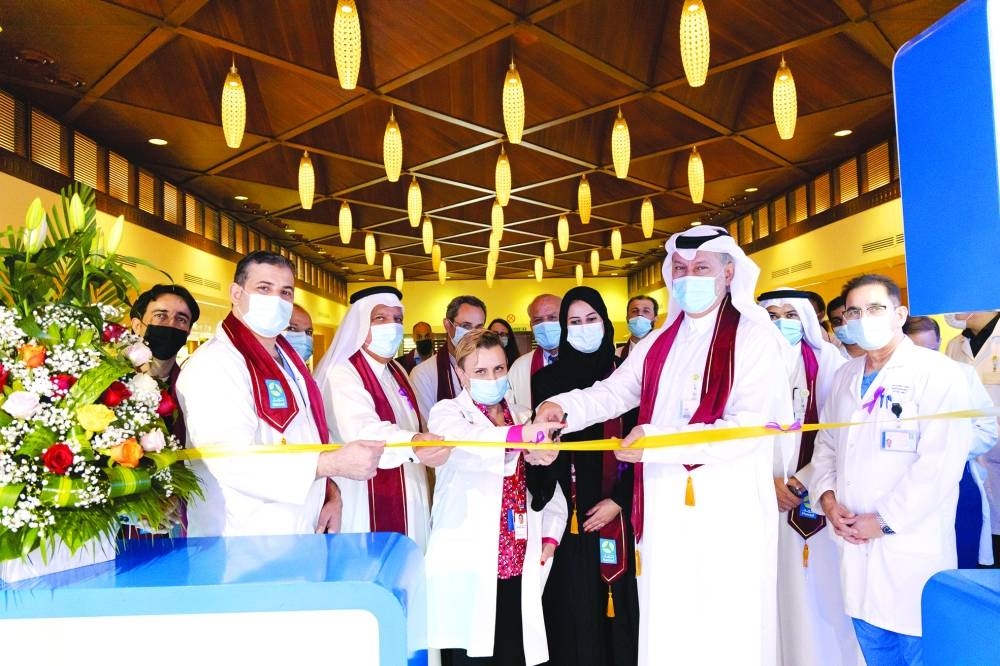Hamad Medical Corporation’s (HMC) Neuroscience Institute and Epilepsy Services team recently observed International Epilepsy Day to highlight the neurological disease which affects more than 50mn people, according to the World Health Organisation.
Dr Ahmed Own, director of the Neuroscience Institute welcomed guests to the day-long public awareness campaign and activities at Hamad General Hospital’s main entrance. He said the campaign was an opportunity to create awareness to break down the myths and misconceptions that exist around epilepsy amongst the public and educate them about how to respond to a person experiencing a seizure due to epilepsy.
“The WHO says epilepsy is a broad term used for a brain disorder that causes seizures. There are many different types of epilepsy and there are different kinds of seizures. The world health body notes that around 50% of adults with epilepsy experience social stigma as a result of their epilepsy and because of that, this year’s theme for International Epilepsy Day is ‘Step Up Against Stigma’ with the hope to provide a platform for people with epilepsy, and those who care for them, and to dispel myths with facts,” noted Dr Hassan al-Hail, head of Epilepsy Services at HMC .
“It is important for people around those living with epilepsy to avoid discrimination and isolation and show support instead because epilepsy is not contagious and cannot spread from person to person like an infection,” he pointed out.
Dr al-Hail stated that for this year, the key messages are focused on the treatment and reducing the burden of epilepsy as well as improving the quality of life of people with epilepsy, their caregivers, and families. It is also an opportunity to highlight that epilepsy is a treatable brain condition.
He emphasised that one of the goals for the International Epilepsy Day is to highlight epilepsy among the public and ensure they are aware of its causes in order to avoid stigmatising those with the condition. “Stigma can lead to discrimination and isolation of people with epilepsy and it can make them seek non-medical treatment with no effectiveness and that could prevent them from leading a normal life,” he added.
Dr Sirajeddin Belkhair, senior consultant and head of Neurosurgery Department stated that poorly controlled epilepsy can result in a few complications and health risks such as brain hypoxia and brain death. Surgery is being recommended as a treatment option for epilepsy when medicines fail.
“At the Neuroscience Institute, we have launched first stage of epilepsy surgery where we surgically remove brain lesions that can be seen in MRI. During surgery, we use intra operative EEG to localise any seizure focus that cannot be seen in MRI. So far, we have successfully performed surgeries for eight patients who were suffering from epilepsy,” Dr Belkhair added.
Dr Gayane Melikyan, consultant Neurology/Epilepsy at HMC noted that epilepsy can affect people in different ways, however, everyone's experience of living with the condition is different. She emphasised that while seizures may limit certain activities, many people with epilepsy can lead active, fulfilling lives.
“People with epilepsy can work, go to school, drive, and enjoy a variety of hobbies with the right treatment and support. However, there are some general advice that can help them such as taking medications as prescribed by their doctors and identifying or avoiding seizure triggers,” she added.

The campaign was an opportunity to create awareness to break down the myths and misconceptions that exist around epilepsy.
